Will political ads become a pariah on social media platforms?
Twitter has taken a firm stance against ban on political ads on its platform, especially ahead of the upcoming UK snap elections and 2020 US Presidential elections. This new policy was announced by Jack Dorsey, CEO, Twitter, on his account on October 30, 2019.
The final policy will be shared on November 15 and will come into effect on November 22 globally for both election related ads and ads on political issues. Twitter’s CEO has announced that they will be banning all political advertising. At the same time, Dorsey clarified that certain ads, such as those supporting voter registration would be allowed.
We’ve made the decision to stop all political advertising on Twitter globally. We believe political message reach should be earned, not bought. Why? A few reasons…🧵
— jack ðŸŒðŸŒðŸŒŽ (@jack) October 30, 2019
Meanwhile, as per media reports, both Google and Facebook are also mulling over revising their policies regarding political ads. Facebook has been tied up in a controversy over its decision to make ads by politicians free from third party fact checking. It allows false claims in political ads.
Citing the reasons behind the policy change in a Twitter thread Dorsey explained that the spread of political messaging online “should not be compromised by money”. Digital advertising technology, which includes “machine learning based optimization of messaging and micro targeting” and fake or manipulated videos along with misinformation, “present entirely new challenges to civic discourse”.
He further added, “This isn’t about free expression”, which refers to the recent defense of Facebook CEO Mark Zuckerberg on online political advertising in a speech called “stand for voice and free expression”. “This is about paying for reach. And paying to increase the reach of political speech has significant ramifications that today’s democratic infrastructure may not be prepared to handle. It’s worth stepping back in order to address,” Dorsey affirmed.
Dorsey tweeted another counter-argument to Facebook, saying, “It is not credible for us to say: ‘We’re working hard to stop people from gaming our systems to spread misleading info, but if someone pays us to target and force people to see their political ad…well...they can say whatever they want!’”
For instance, it‘s not credible for us to say: “We’re working hard to stop people from gaming our systems to spread misleading info, buuut if someone pays us to target and force people to see their political ad…well...they can say whatever they want! 😉â€
— jack ðŸŒðŸŒðŸŒŽ (@jack) October 30, 2019
Dorsey called for “forward-looking political ad regulation”, noting that transparency requirements that have been proposed by US lawmakers are “progress but not enough”. “The Internet provides entirely new capabilities, and regulators need to think past the present day to ensure a level playing field,” he added.
Mark Zuckerberg’s reaction
Not long after Dorsey made the announcement about political ads, Mark Zuckerberg, CEO, Facebook, came out in defence of Facebook’s political ad policy. The policy has created a strange situation in which Facebook is simultaneously asserting its commitment to reducing misinformation, while allowing politicians and their candidates to lie in paid campaign ads.
Zuckerberg’s contention was that these very same ads were run on Google, YouTube and several websites as well as cable TV networks. He asked whether blocking these political ads on particular platforms were enough to stop the false statements.
Zuckerberg wrote on Facebook, “I don’t think it is right for private companies to censor politicians or the news. And it’s hard to define where to draw the line. Instead, I believe the better approach is to work to increase transparency. Ads on Facebook are already more transparent than anywhere else. We have a political ads archive so anyone can scrutinize every ad that’s run – you can see every message, who saw it, how much was spent – something that no TV or print media does.”
At the same time, he asserted that money was not the motive of Facebook’s political ad policy. He maintained, “From a business perspective, the controversy this creates far outweighs the very small per cent of our business that these political ads make up. We estimate these ads from politicians will be less than 0.5 per cent of our revenue next year.”
Are such revenues really that minuscule? In US, here’s how much each candidate has spent on Twitter ads since 2018. Following are the numbers according to Twitter:
Kamala Harris: $1.1 million
Elizabeth Warren: $902,200
Joe Biden: $617,100
Pete Buttigieg: $381,900
Bernie Sanders: $317,400
Tulsi Gabbard: $177,500
Amy Klobuchar: $87,100
Cory Booker: $51,200
Andrew Yang: $19,400
Donald Trump*: $6,566.60
According to a report carried on MSN News, since January this year, $15.6 million has been spend by the Trump campaign on Facebook ads, while $9.1 million has been spend on Google ads. Share of ads on Twitter amount to $6,300. The report also quoted Ned Segal, CFO, Twitter, stating on the platform that political ad spend for the 2018 US midterms was less than $3 million.
From an Indian lens
We see this trend prevail in India as well. While in the US, Twitter is used widely for political ads, in India Facebook is the more preferred platform among political parties. The reach is the decider here as Facebook has about 241 million active users in India, which is a million more than the US; compared to Twitter’s 34 million users in India.
On Facebook, the BJP spent around Rs 4 crore from February to May 11 this year, over 200 per cent more than the Congress. The Congress party spent about Rs 1.3 crore on Facebook during the same period. According to the Facebook Ad report, BJP accounted for about 70 per cent of the total ad spends during the 2019 General Elections.
For a more Indian perspective, we reached out to Mehul Gupta, Co-founder & CEO, SoCheers, who opined, “It’s about time a social platform that people use to voice their opinions took a strong stance and stopped political advertising. It’s unfair when people are fed one-sided, strongly crafted messaging that subconsciously forms people’s opinions. Political individuals and bodies using the platform genuinely are using it to drive strong positive messages and helping people in whatever small way possible by shortening turnaround times and broadcasting truthful information, nullifying the fake messages that spread quickly on the Internet. I see this as a step in the right direction towards making the Internet a better place to spend time on.”
Concurring with Gupta, Sameer Makani, Co-Founder and Managing Director, Makani Creatives, said, “Social media platforms like Facebook and Twitter are generally looked up for real time news update. Political ads have always been an area of concern for these platforms, given there isn’t enough regulation on the narrative of the ads leading to propaganda, ultimately resulting in bias opinions that get driven by more by communication and less by reality.”
Continuing further, he said, “It was realised that the rise of fake news has resulted in reputational damage to Twitter as well as Facebook, which has changed the way people perceive these platforms now. Twitter taking a decision to refrain from allowing political ads will ensure accountability for content. For Twitter, revenue from political ads is a small percentage in comparison to the damage it is causing to its reputation, hence this is an encouraging call for Digital content at large as content will become responsible.”






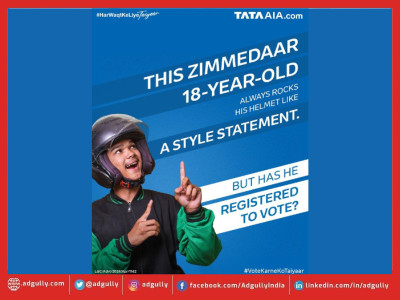

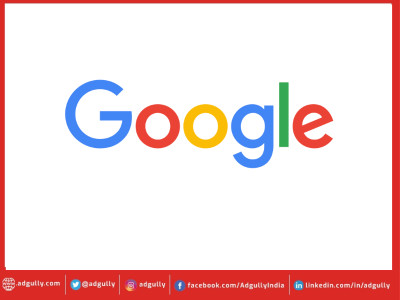

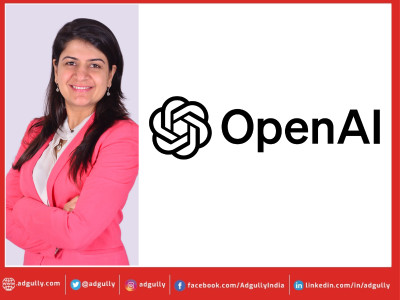

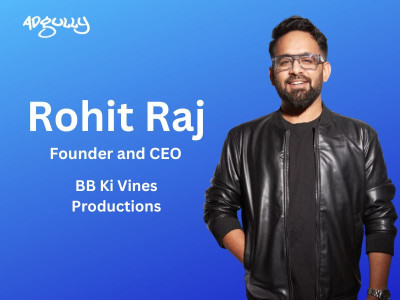
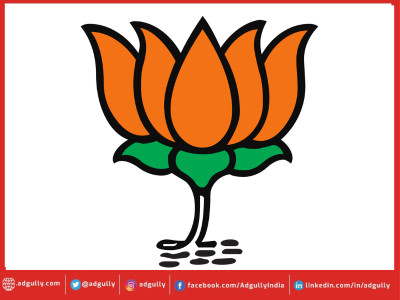

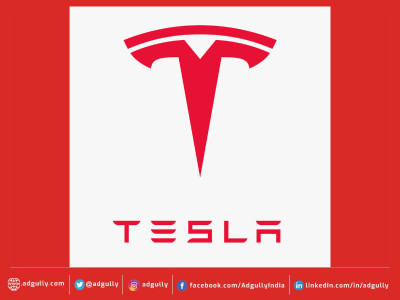
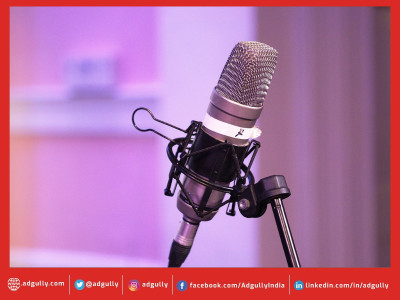
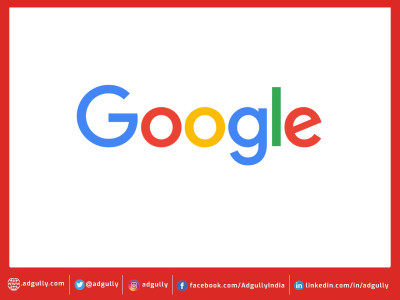


Share
Facebook
YouTube
Tweet
Twitter
LinkedIn